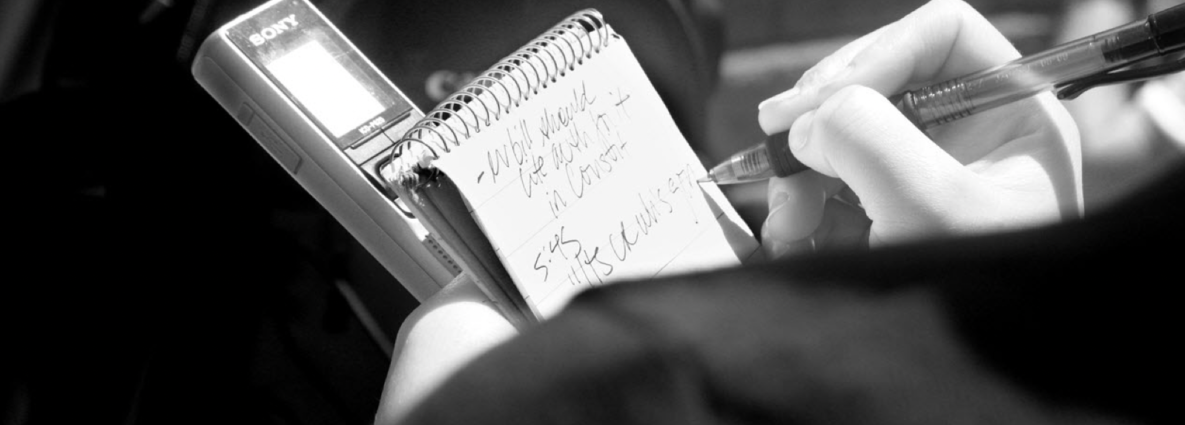SITUATION
During his presidential candidacy and into his presidency, Donald Trump adopted a hostile attitude toward the press that unleashed disturbing new attitudes and actions from some segments of Americans. Trump called the press the “enemy of the people.” His followers began threatening journalists. A Trump-aligned congressional candidate physically assaulted a reporter. The Reporters’ Committee for the Freedom of the Press and Democracy Fund, alarmed by this new hostility, wanted to assess whether Americans value and understand press freedom, and whether the public sees that freedom under threat.
SOLUTION
GQR, with its long history of supporting press freedoms and organizations in the US and globally, partnered with a Republican firm to conduct focus groups and a poll around these issues. The results were striking: while a majority of Americans believe in the importance of free press, many do not see this crucial freedom at risk.
Perceived failures of the media have left it vulnerable, and made it a target for President Trump and others. Voters value the role of the press to inform, but many – particularly Republicans and Independents – are bothered by what they see as the press filtering news, advancing an agenda, or sensationalizing stories for the sake of views and clicks. Across partisan lines, Americans worry the business of news unduly influences the gathering of news itself.
The work pointed to a series of steps for restoring trust in the media, including: highlighting the press’s role to inform; addressing issues of perceived bias; separating Trump from the press freedom discussion; ensuring diversity in newsrooms; and promoting accountability and transparency in newsgathering decisions. As part of this, the Reporters Committee for the Freedom of the Press publicly released GQR’s findings and report, and GQR presented the results to journalists in Washington and New York.
Together with the Republican firm Echelon Insights, GQR conducted 4 focus groups, and a nationally-representative poll of 2,000 registered voters. The survey was mixed-mode: 1,400 interviews were conducted online, and 600 were conducted via telephone, with 60% reached via cell phone.

